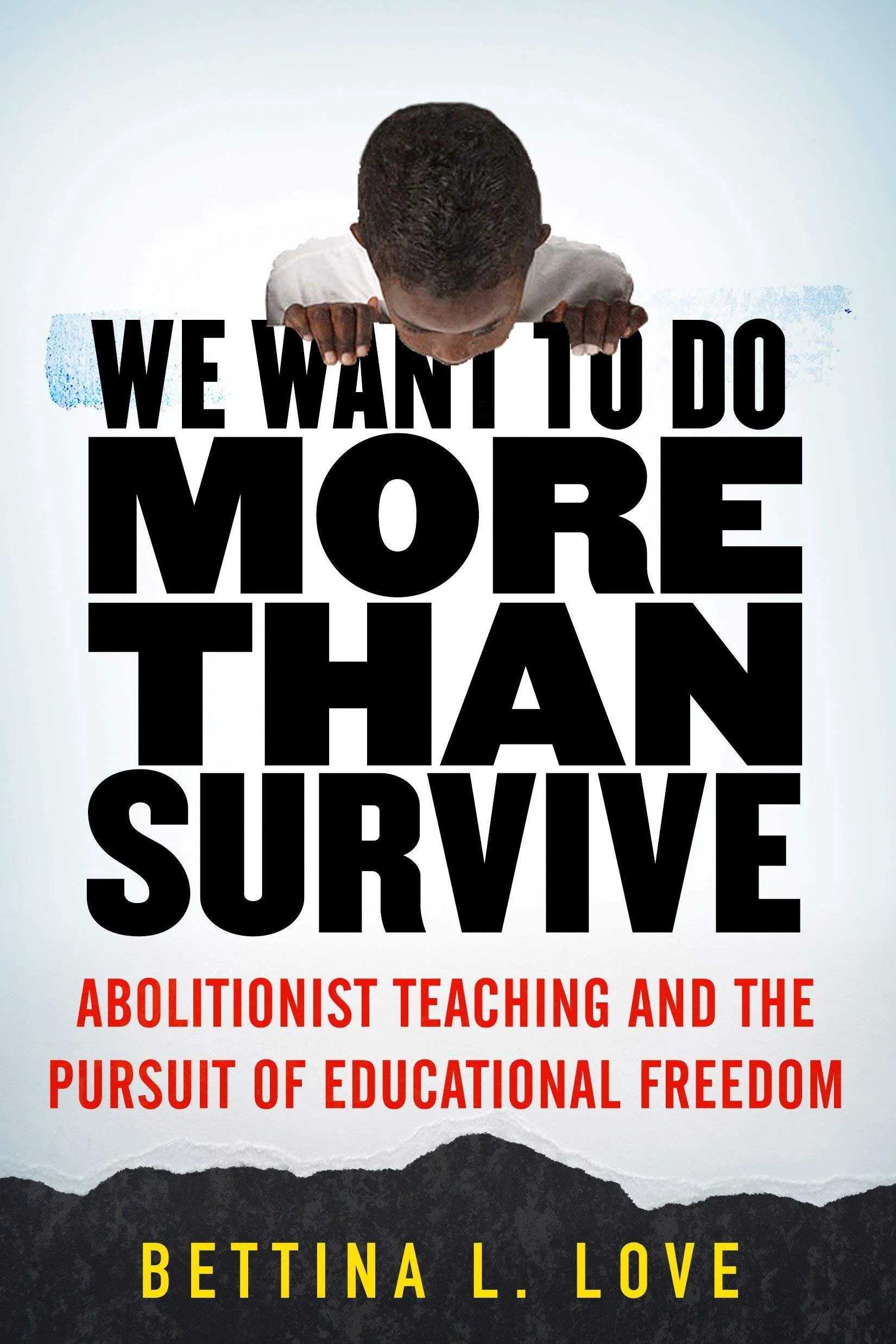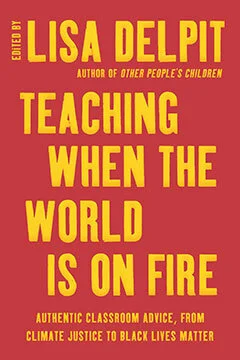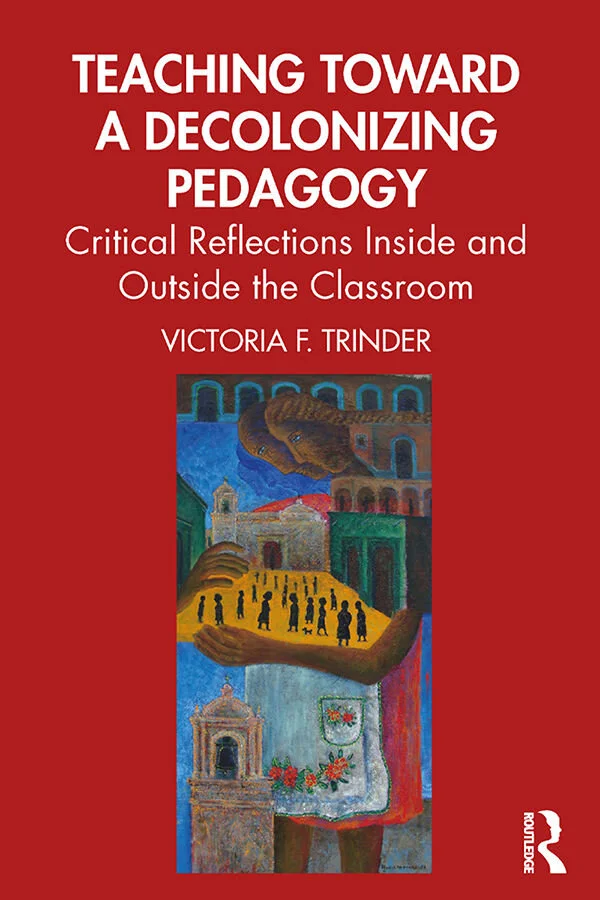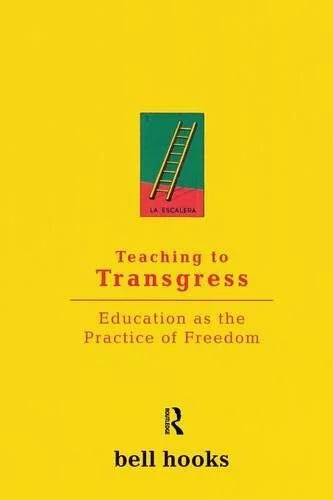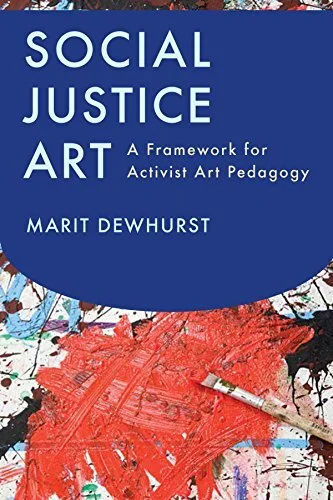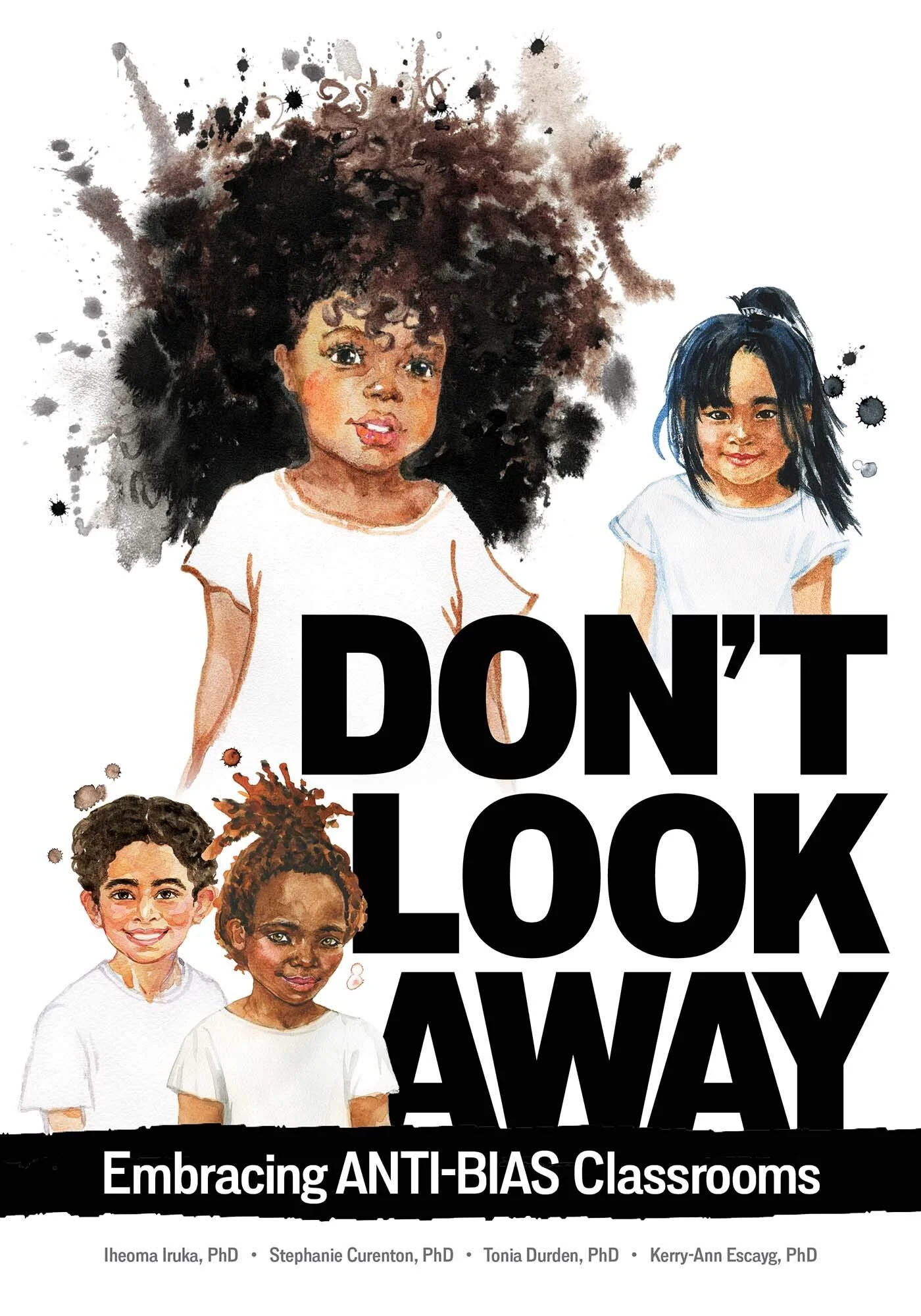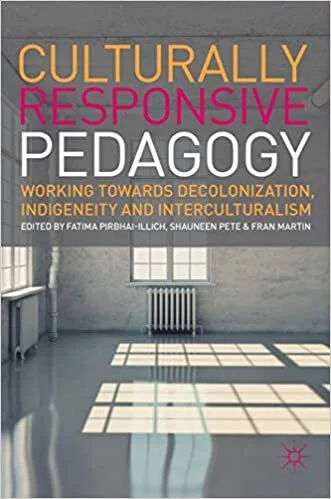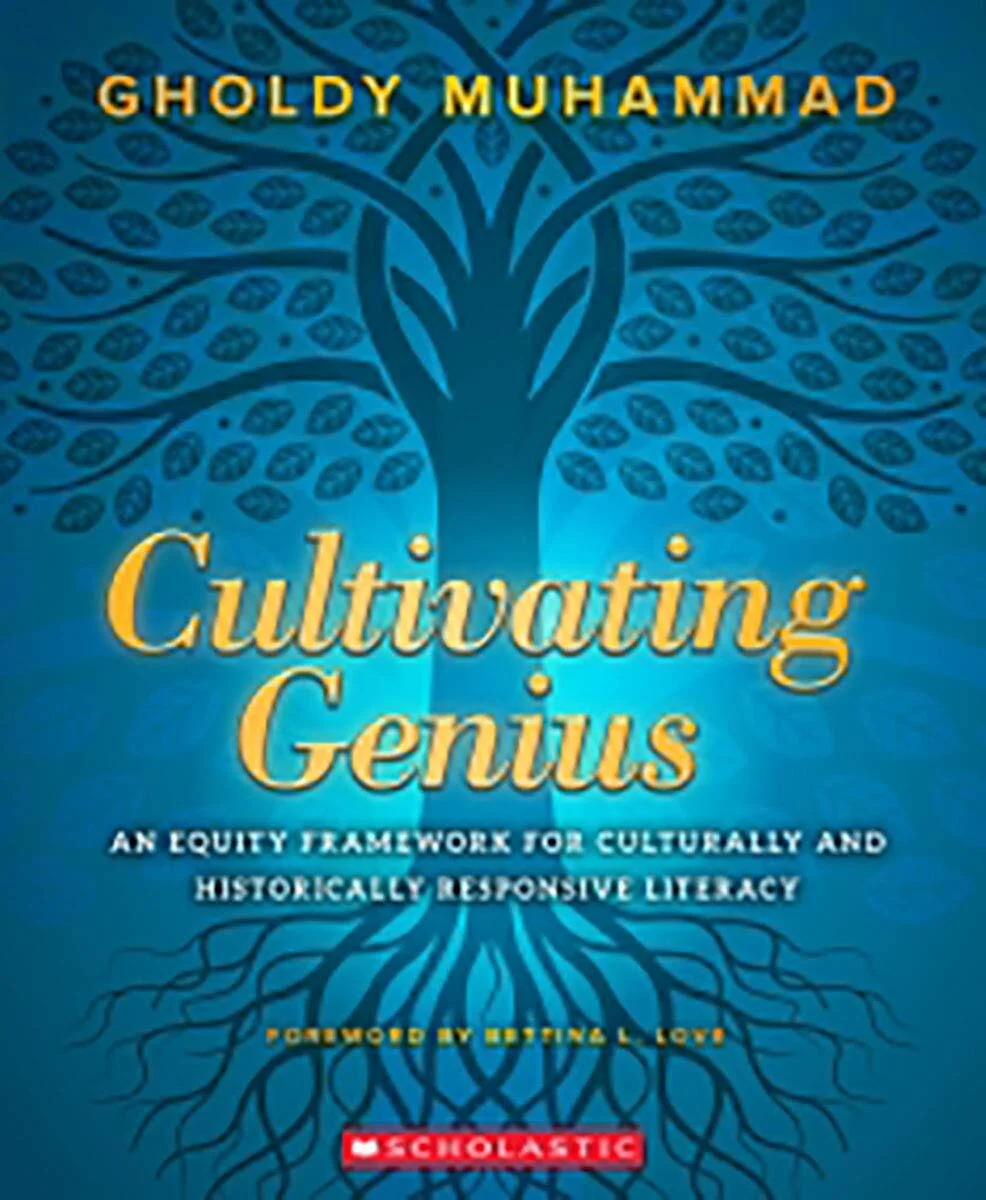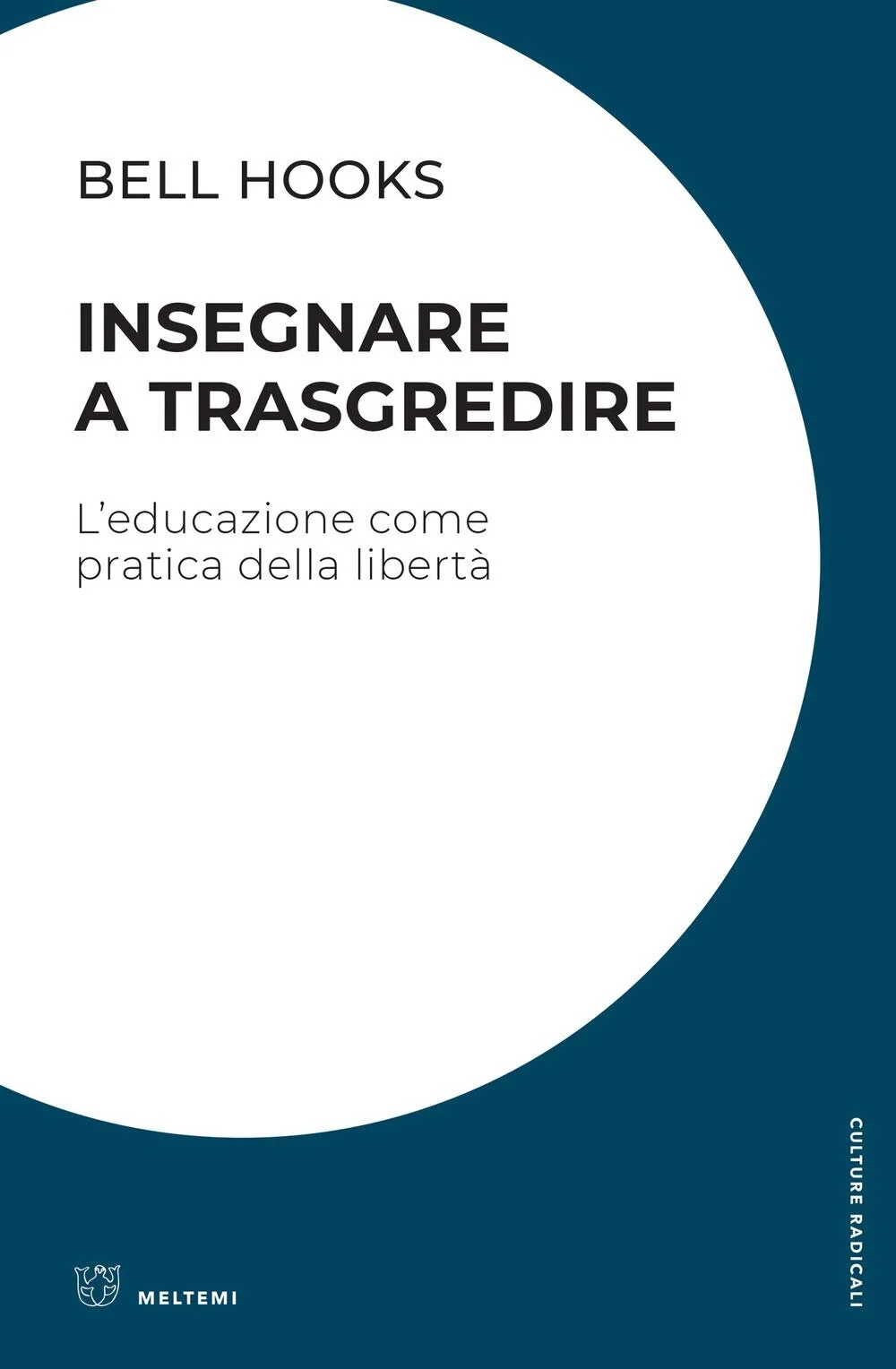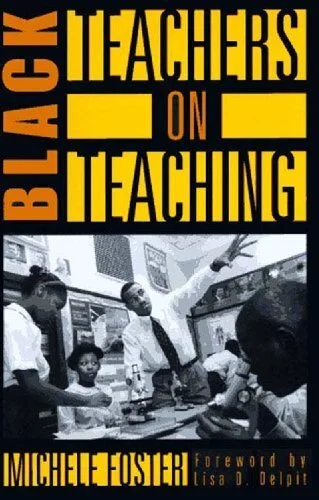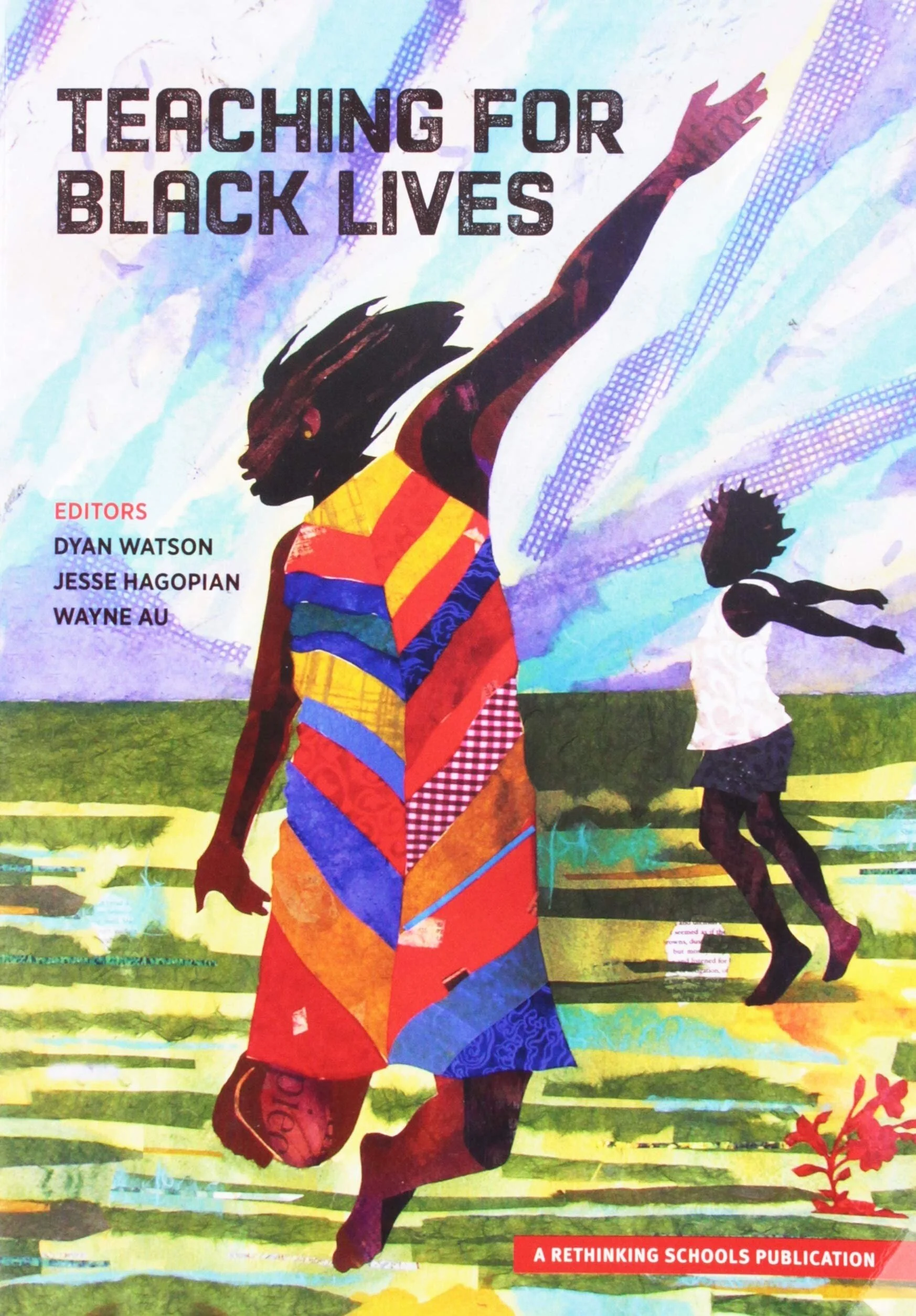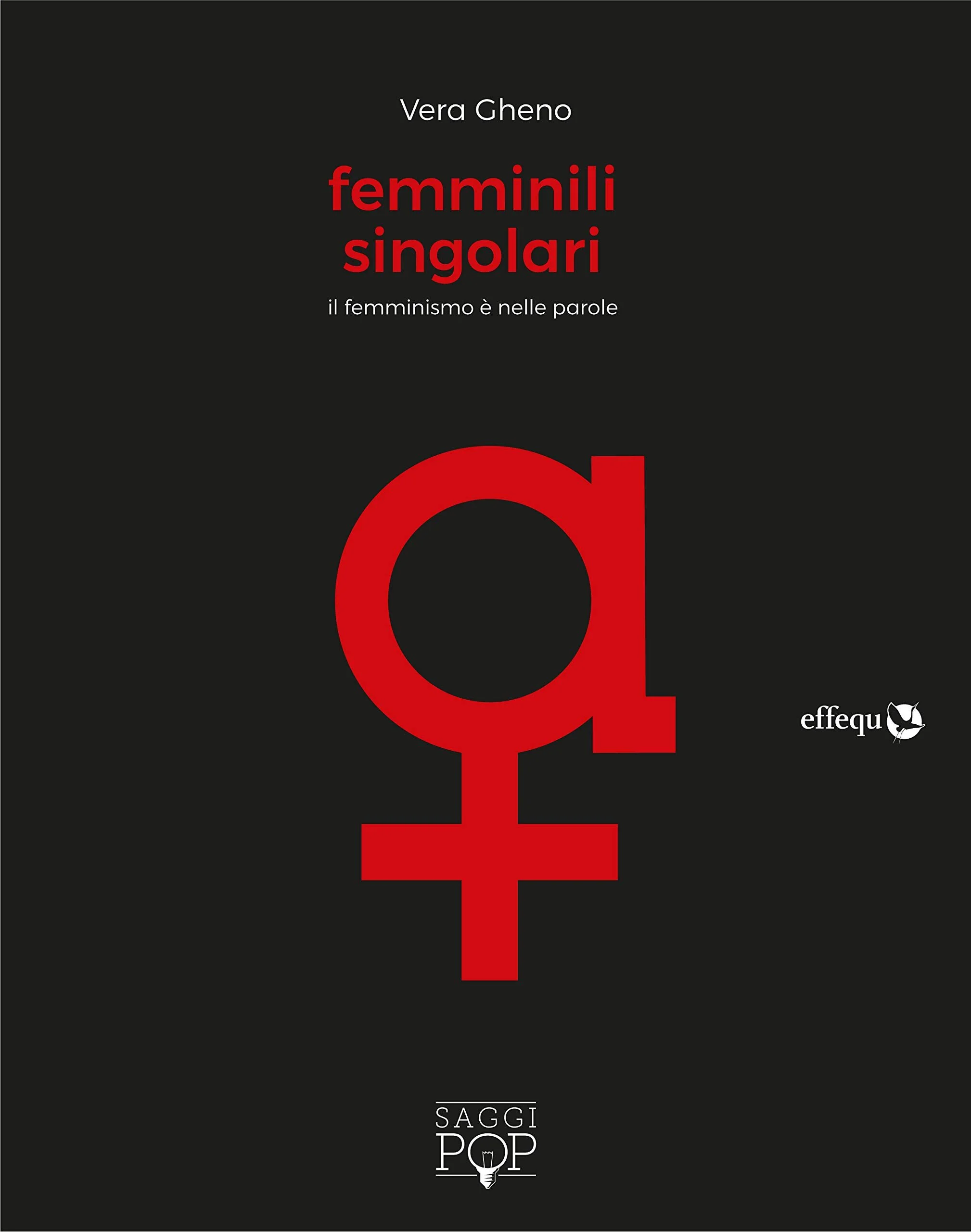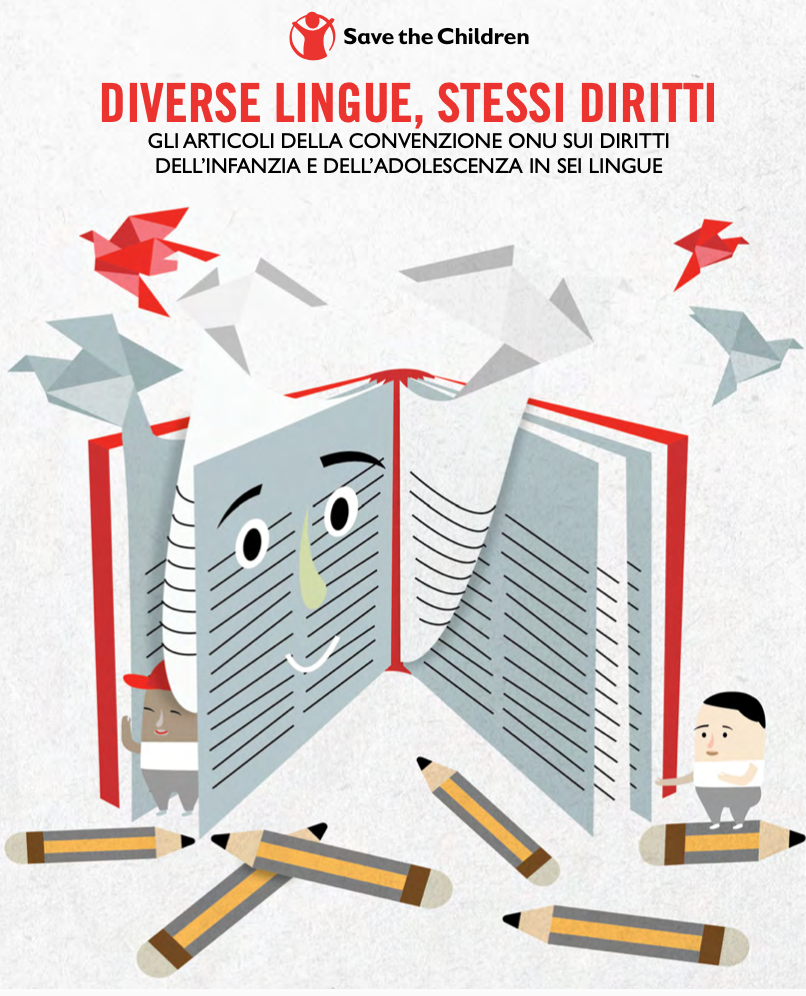
Resources for Educators
Talking with Kids about Stereotypes, Prejudice and Injustice
Teachers and parents have a responsibility to address these issues with students in the class and at home, but it’s not always easy. Trusted adults must confront these issues with young people and discuss them openly and honestly. You also have an obligation to those who may have been harmed by the content to address it directly. And it’s not enough to just say it’s wrong – a conversation needs to take place. These pages offer concrete advice and resources for having these discussions.
Books on Pedagogy
These titles are part of our collections and are available for consultation by request.
Downloads
Links
Guide for Selecting Anti-bias Children’s Books
Social Justice Books
Carefully choosing quality children’s books is an indispensable task.
Letture Antirazziste per adulti
Il Razzismo è una Brutta Storia
Alcuni titoli per adulti in occasione della Settimana Contro il Razzismo 2021.
Comunicare senza discriminare
Parlare Civile
Un aiuto pratico per trattare con linguaggio corretto temi sensibili e a rischio di discriminazione.
It’s Hard to be What You Can’t See
Children’s Defense Fund
All children need to be exposed to a wide range of books that reflect the true diversity of our world .
Antirazzismo nella pedagogia
Stefania Lorenzetti
Sull’importanza di assumere una responsabilità pedagogica antirazzista.
Parlare di antiziganismo in classe
Il Razzismo è una Brutta Storia
Risorse a cura di Eva Rizzin e Luca Bravi. Compilate per La Giornata Internazionale Roma e Sinti (8 aprile 2021).
Mirrors, Windows, and Sliding Doors
Dr. Rudine Sims Bishop
The full text of Dr. Bishop’s landmark article about the roles of diverse books.
Linguaggio inclusivo in italiano
TDM Magazine
Strategie per creare testi equi dal punto di vista del genere. Una guida pratica per chi scrive.
Bi-annual, open source journal
The journal investigates children’s literature as an art form, and as a framework with which to connect L2 literature teaching across the school years. It includes critical considerations of a wide range of subjects including interculturality and ideology issues, as well as gender and diversity issues, e.g. ethnicity, disability, age, sexual orientation, religion and belief.
Non Insegnate ai bambini - l’infanzia è una cosa seria
Intersezionale
I bambini apprendono, al pari di ogni altro comportamento sociale, i bias cognitivi.
Imagining Equity Literacy - definitions
Learning for Justice
Equity literacy allows educators to create and sustain equitable and just learning environments for all.
Videos
Part One of an eight-part series that examines Systemic Racism and how it shows up in our lives across institutions and society .
Illustrators and authors Yuyi Morales, Oge Mora and Grace Lin talk together about the power of portraiture, the creative process, and drawing with kids.
What your child reads sets the path for their own self-worth as well as how they see others. Grace Lin shows how the books that are not on your child's bookshelf are just as important as those that are.
Twelve videos that examine anti-bias vocabulary with leading Italian activists. Created by Il Razzismo è una Brutta Storia.
Ten black Italian leaders speak about their hair, societal perceptions and racism. Video curated for the Italian-language publishing of I Love My Hair! (Amo i miei capelli!).
Dr. Bettina Love offers a vivid explanation of the difference between allies and co-conspirators in the fight for social justice.
This clip was taken from Dr. Love’s presentation of her book We Want to Do More than Survive. Abolitionist Teaching and the Pursuit of Educational Freedom for Book TV on C-SPAN2. The full video can be watched at this LINK.
